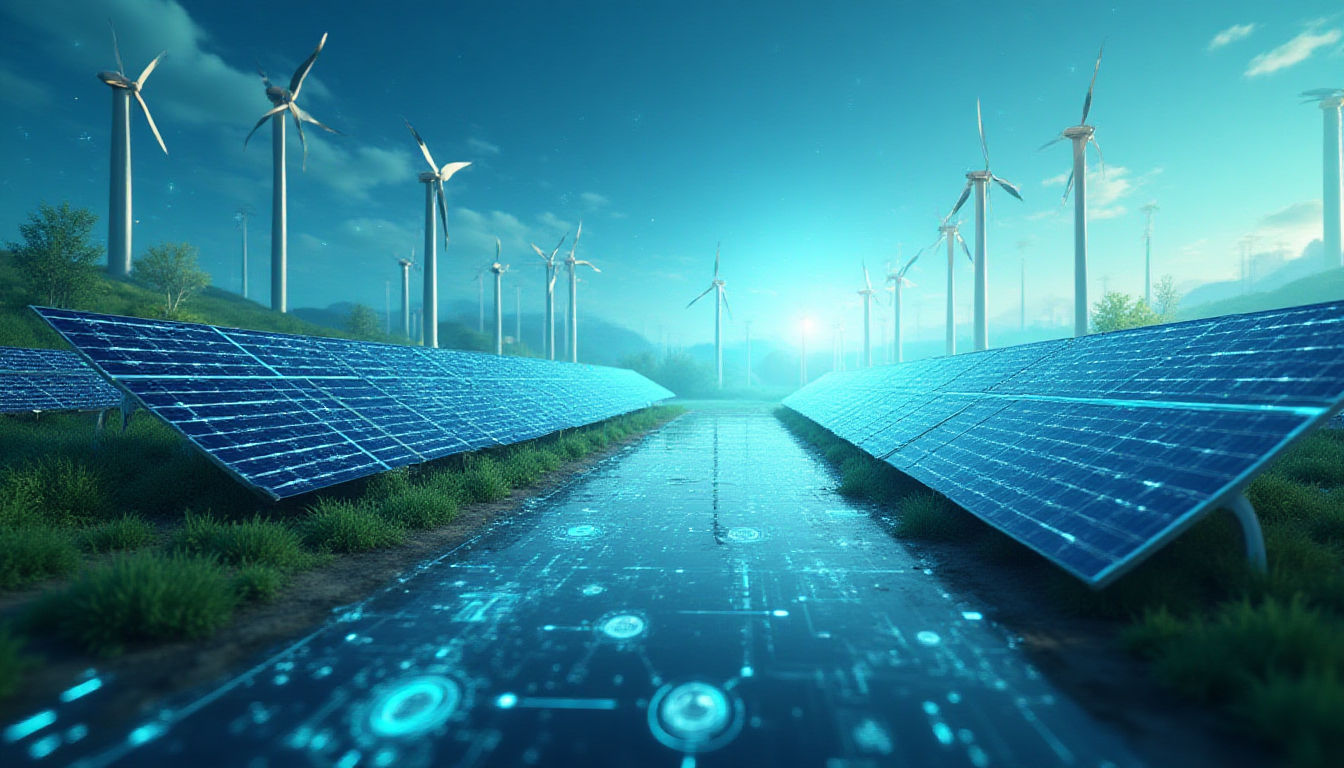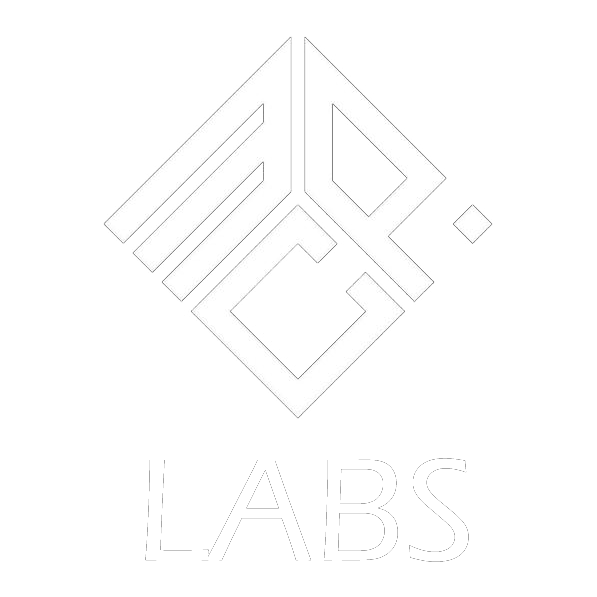The Surprising Impact of AI on Renewable Energy Integration

Introduction
As we venture deeper into the 21st century, the way we harness and manage energy is undergoing a radical transformation. At the forefront of this change is AI grid energy management, a technology that promises to revolutionize electricity distribution by making it smarter and more efficient. With electricity demand surging due to technological advancements like artificial intelligence and the proliferation of data centers, the importance of optimizing our energy grids has never been more pertinent.
Background
AI grid energy management refers to the application of cutting-edge artificial intelligence techniques to make our energy grids more resilient and reliable. At its core, it involves the integration of smart technologies into traditional infrastructure, giving rise to what we now know as smart grids. These grids are digitally enhanced networks that facilitate real-time monitoring, control, and two-way communication between providers and consumers.
The innovation brought about by smart grids is significant, allowing for better energy optimization and making the integration of renewable energy sources much more feasible. As our commitment to cleaner energy intensifies, achieving seamless integration becomes paramount. AI plays a critical role in this by forecasting demand, automating control systems, and ultimately assisting in the reduction of emissions and costs.
Current Trends in AI and Energy Management
The demand for electricity is escalating as data centers, the engines driving our digital landscape, continue to expand. Notably, electricity demand is set to double by the end of the decade, according to the MIT Technology Review, reaching a staggering 945 terawatt-hours—comparable to the entire consumption of Japan source.
AI’s role in this scenario is multifaceted. It aids in forecasting energy needs, optimizing operational efficiency, and improving storage solutions. By accurately predicting fluctuations in demand, AI ensures that energy generation aligns with consumption patterns, thus minimizing waste. Industry leaders like Rob Gramlich and Kyri Baker highlight the potential of AI in driving grid efficiency and stress the importance of preemptively adopting these technologies to stay ahead of the curve.
Insights from Experts
While AI holds transformative potential for energy management, skepticism remains. Some experts express doubts about its impact on local electricity prices and the reliability of grids. This debate is particularly relevant in the context of how swiftly these technologies should be adopted without exacerbating existing network complexities.
For instance, Casey Crownhart from MIT Technology Review points out that data center energy consumption has increased by an alarming 80% from 2020 to 2025 source. This statistic underscores the pressing need for robust solutions that can handle burgeoning demands. Despite the challenges, the consensus is that AI, with its powerful analytics and learning capabilities, is vital in crafting a resilient energy future.
Future Forecasts
Looking ahead, the evolution of AI grid energy management is poised to shape the energy sector significantly. As global electricity demand is projected to double, the integration of AI in forecasting and planning bears immense potential. Expected advancements include more precise predictive analytics, expanded reliance on renewable energy, and further development of smart grid technologies.
Imagine AI systems functioning much like a seasoned air traffic controller, deftly managing the flow of energy with foresight and precision, ensuring that the inevitable demand spikes are handled efficiently and sustainably. With AI’s forecasted advancements, the integration of renewable resources into smart grids will no longer be a hurdle but a standard practice.
Call to Action
In light of these insights, it is crucial for industry stakeholders, policymakers, and consumers alike to engage proactively with AI grid energy management solutions. Embracing these technologies will not only bolster grid efficiency but also pave the way for a sustainable energy landscape. For those keen to delve deeper, valuable resources on smart grids and renewable energy are readily available, offering guidance for navigating this transformative journey.
For more comprehensive insights, explore related articles on AI’s impact on our energy grids and their potential for the future source.
Engaging with these evolving technologies today will set a strong foundation for an energy-efficient future. The transformation of our electricity grids is not just a necessity but an opportunity for innovation and sustainability that we cannot afford to overlook.
